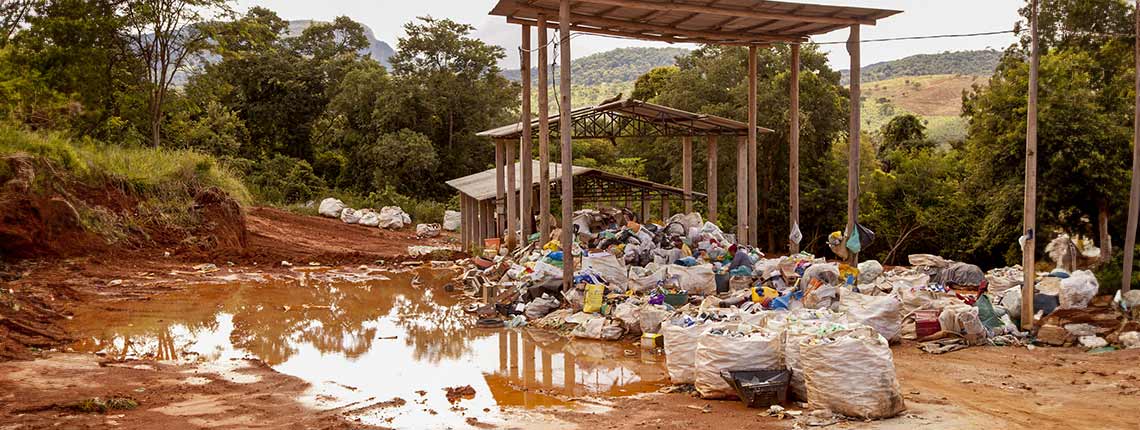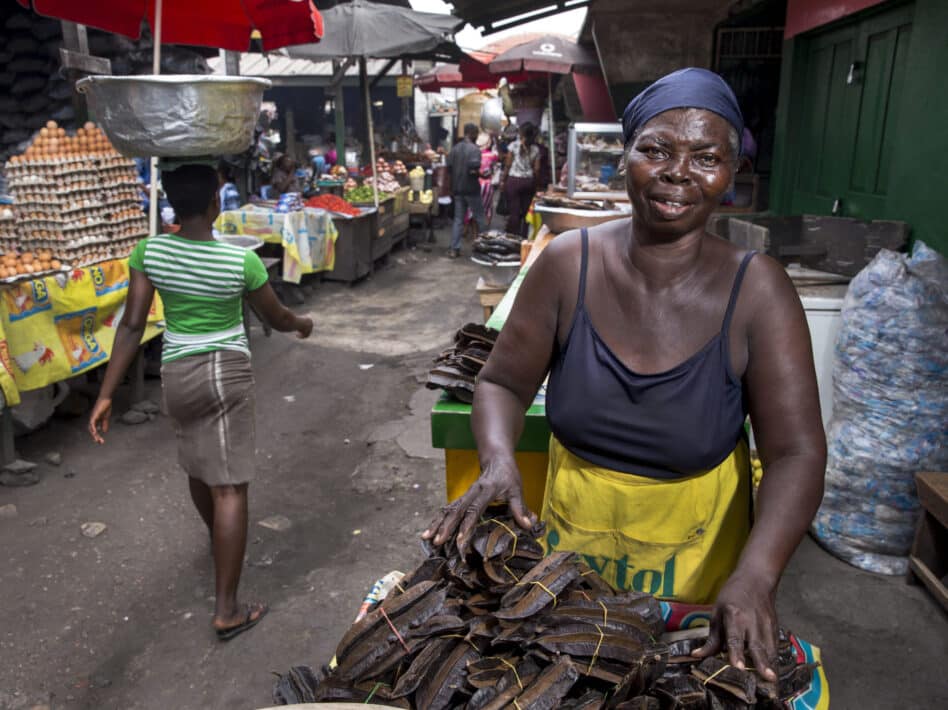
What is Climate Change & Just Transition?Climate change refers to long-term shifts in the earth’s temperatures and weather patterns. It is widely established that humans have been the main driver of the climate crisis, primarily due to the burning of fossil fuels which generate greenhouse gases that contribute to global warming.
As average temperatures rise, heatwaves, heavy rains and other extreme weather phenomena disproportionately impact workers in informal employment. The climate crisis is accelerating policies to strengthen adaptation and there is growing recognition of the need to transition to a green economy. But the policy and investment responses to climate change can also endanger livelihoods, calling attention to the need for a “just transition”. Any transition towards a greener economy must be fair and inclusive, leaving no workers behind.
How Do Climate Change & Just Transition Affect Workers in Informal Employment?As the climate changes, governments and industries must put workers at the centre of climate resilience and adaptation planning, policy design and implementation, to ensure safe, healthy and secure work conditions and workplaces.
Workers in informal employment – who work in the streets, in warehouses, dumpsites, markets, and in their homes – face increasingly extreme and unpredictable weather conditions, especially heat, fires and flooding. This impacts their health, productivity and earnings. A set of policies to cater for the specific needs of those living and working informally is crucial.
Resources Related to Climate Change & Just Transition
Discover Our Themes
The following themes represent areas of strategic focus for WIEGO.
